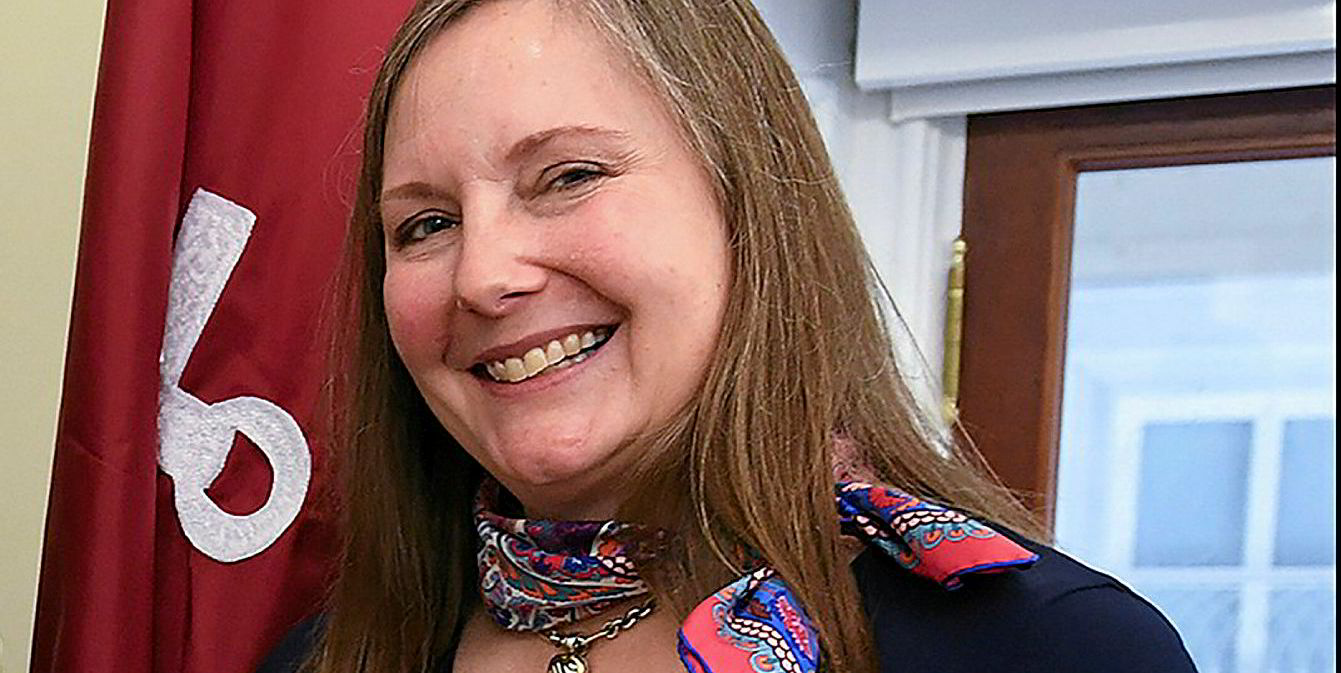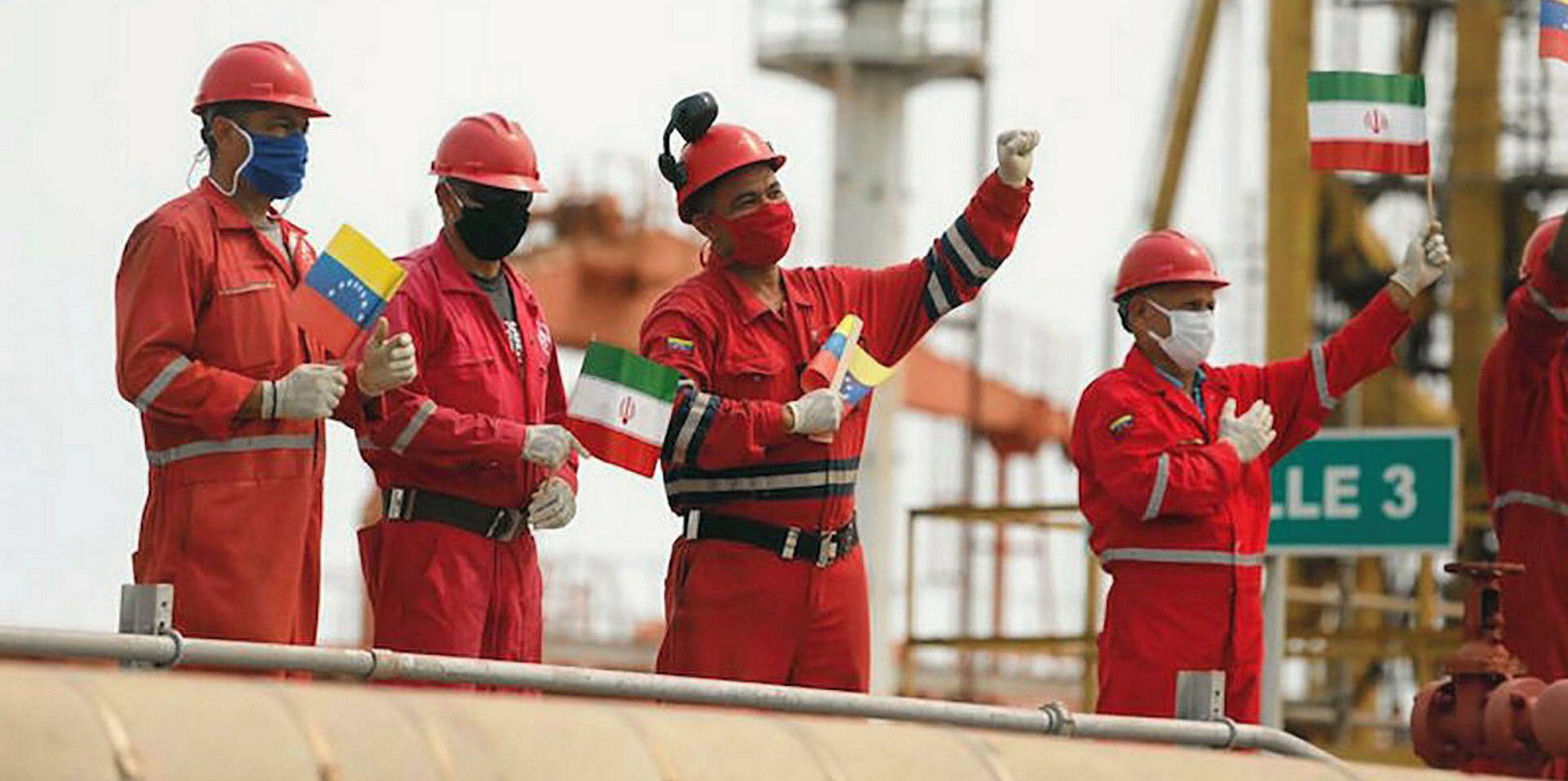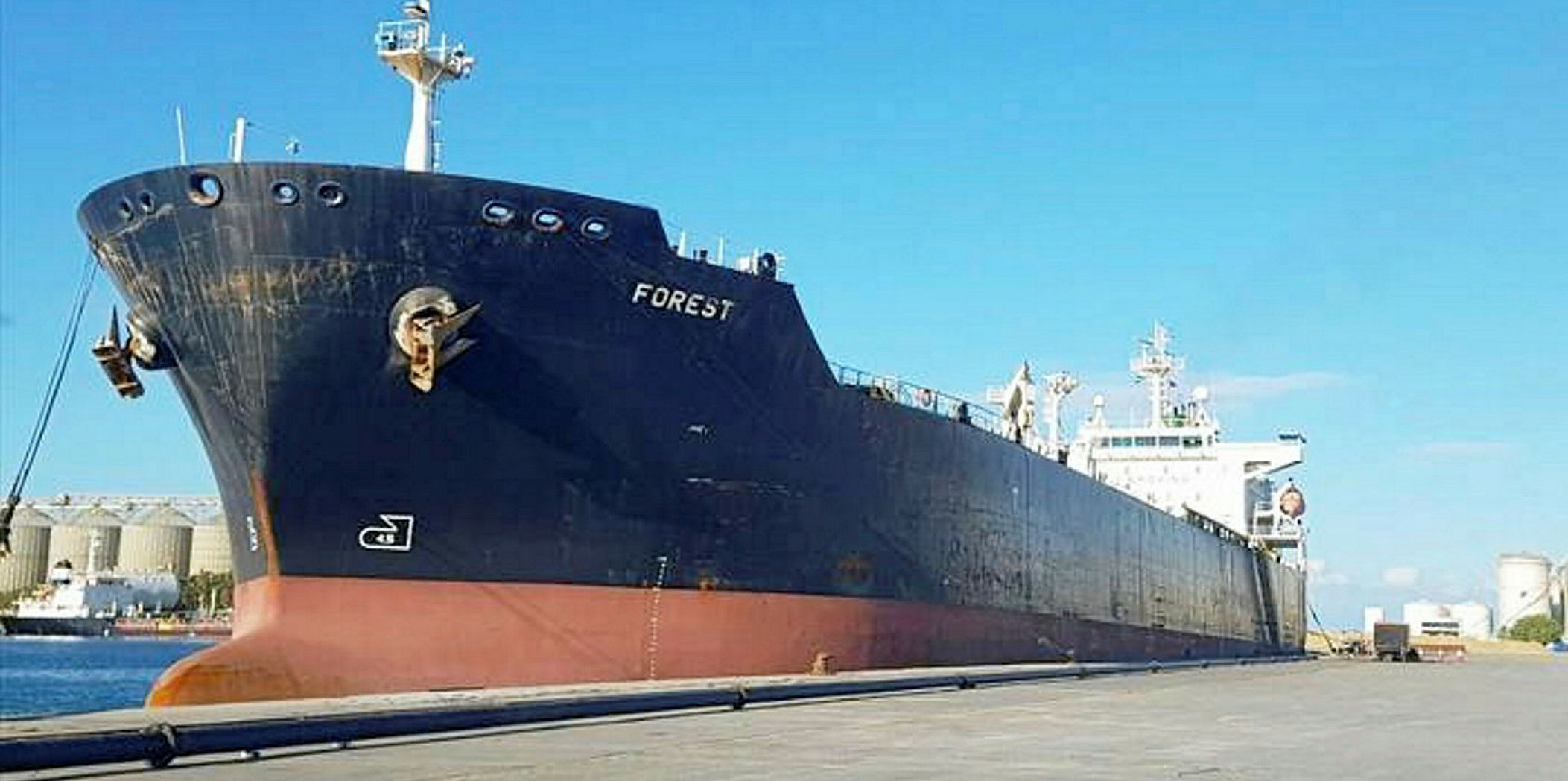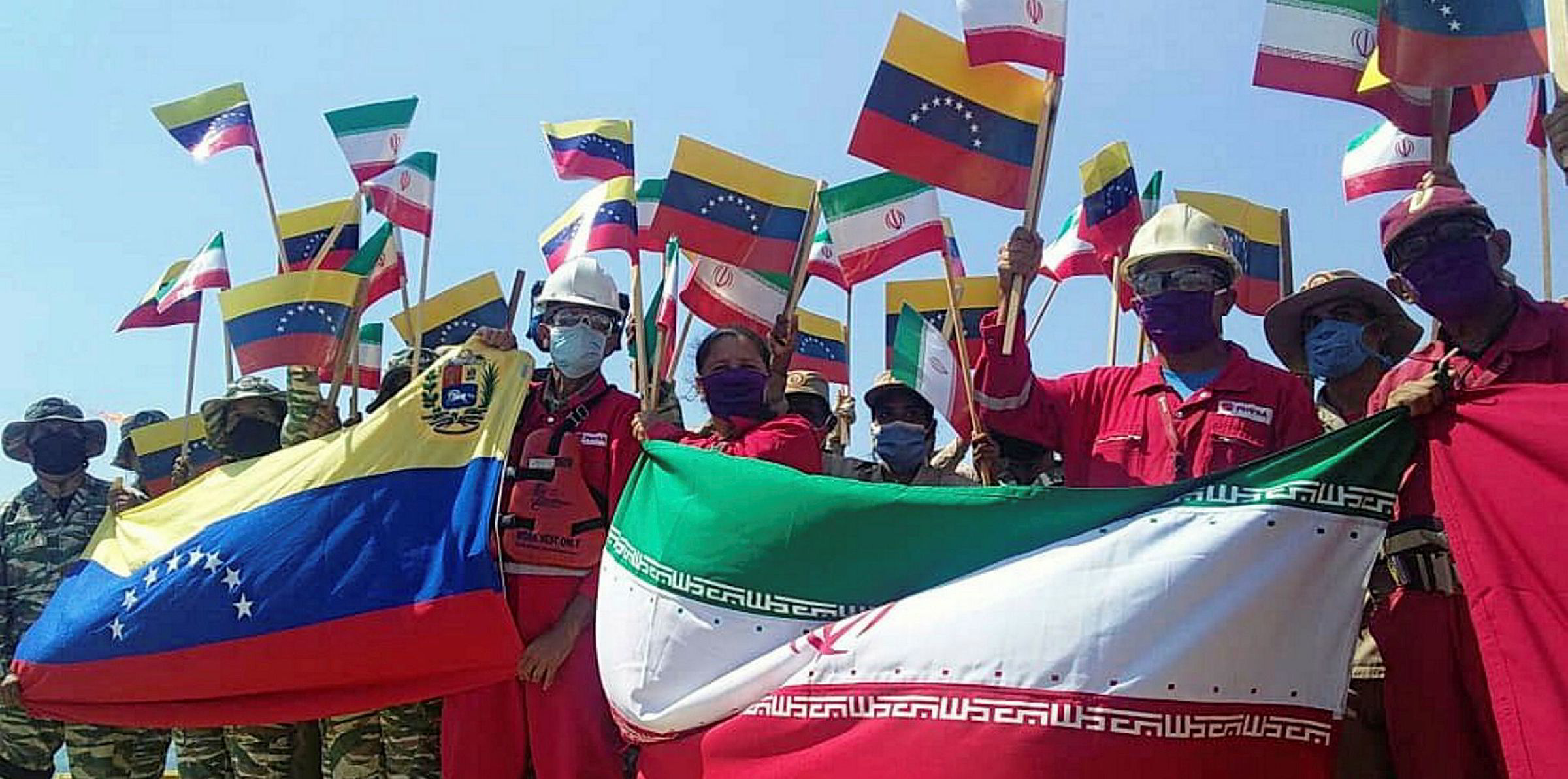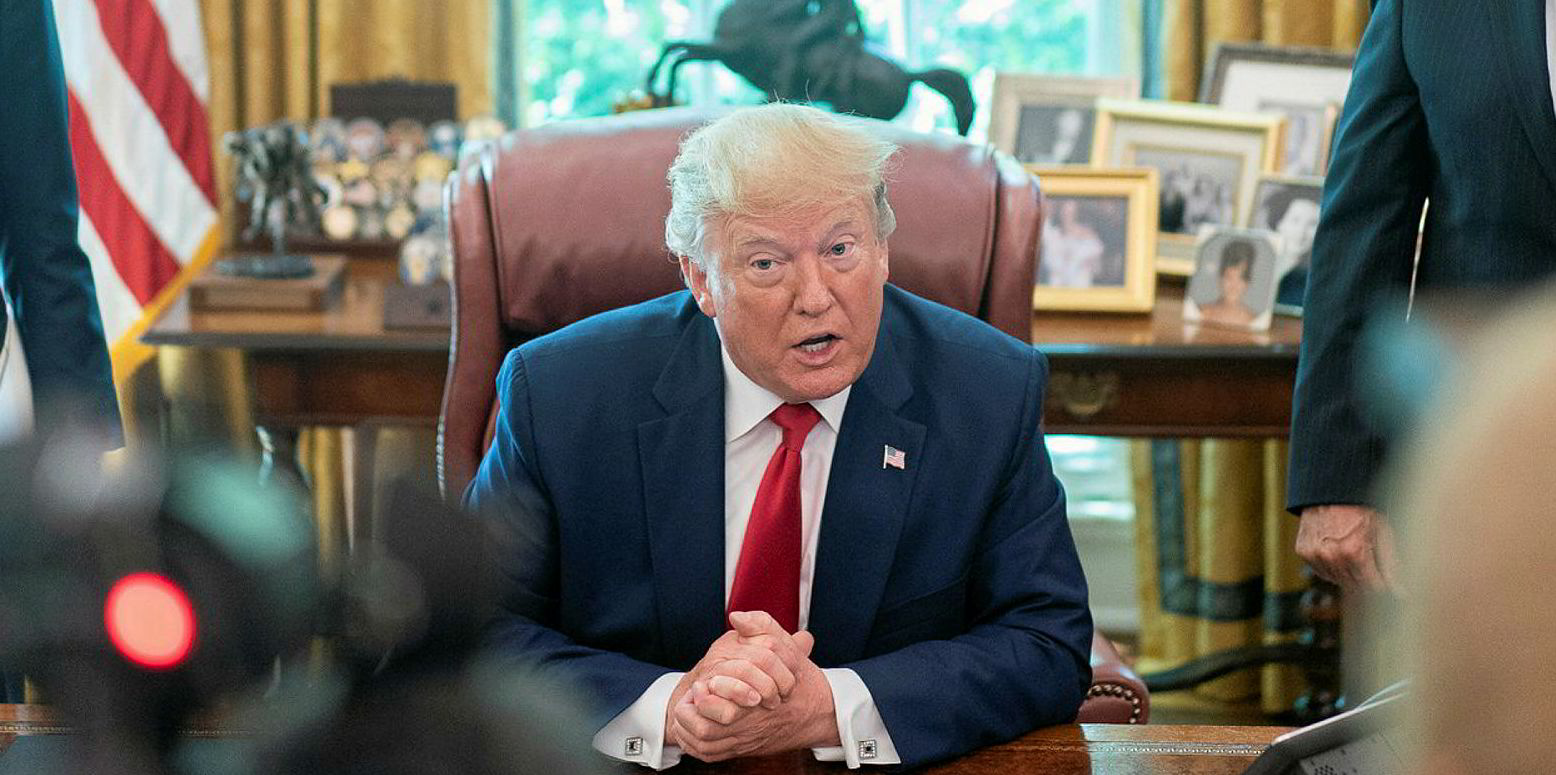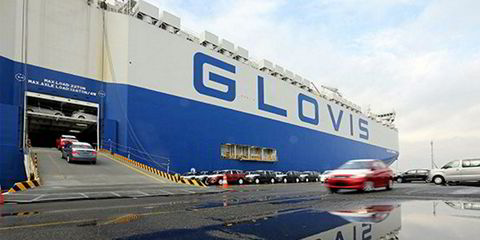In an industry with plenty of powerful figures with low profiles, the most powerful person you may never have heard of is not directly involved with shipping at all.
Andrea Gacki has led the US Treasury Department’s Office of Foreign Assets Control (Ofac) since 2018 — roughly when the US began turning up the heat on shipping in an effort to cut off its geopolitical foes from the world economy.
Ofac owns no ships, employs no seafarers, does not have a chartering department or engage in shipbroking. But it does manage the US blacklist — the list of individuals, companies and ships that are not allowed to do business in the US and that US-linked companies should stay away from if they do not want to open themselves to sanctions.
Additions and subtractions from the list have supercharged tanker rates, complicated reorganisations, pushed owners out of trades and sent companies scrambling to dive deeper into their counterparties.
“There’s no question the government has its focus on the industry and it really ramped up with Venezuela in the last couple of years,” says Seward & Kissel attorney Bruce Paulsen.
“The guidance that came out in May was in many ways a synthesis of a number of steps the government has really taken over the last 10 years.”
After a stint in the Department of Justice, Gacki had spent more than a decade at Ofac, rising to deputy director in 2017. The following year, she would take the reins on an acting basis before doing so permanently that September.
Shortly thereafter, the US reimposed sanctions on Iran, which had been lifted three years prior after the US and others hashed out a deal with Tehran that saw sanctions lifted in exchange for limits on its nuclear programme.
That meant the National Iranian Tanker Co was blacklisted again. Although certain countries were exempt, for many outfits it meant Iranian tonnage was persona non grata.
Warnings and advisories
Since then, the agency has sanctioned more shipping companies, primarily for doing business with Iran, North Korea and Venezuela, alongside warnings and advisories letting the industry know what Ofac expects from it.
Most notably last autumn, sanctions against companies connected to Cosco Shipping Energy Transportation sent charterers fleeing from any ships connected to the Chinese company, and saw VLCCs being offered for up to $300,000 per day.
More recently, Washington used its blacklist and the threat of sanctions to get several Greek shipowners to agree to avoid Venezuela, with a few publicly stating they would not carry oil from the company until President Nicolas Maduro was removed from office.
Critics of the sanctions regime say it has punished the Venezuelan people, while pushing the country closer to Iran, which has been sending it gasoline and oil.
Paulsen describes Ofac’s recent focus on shipping as “hot and heavy” and designed to keep companies off balance, forcing them to take into account both the law and the way the political winds are blowing.
“There are these very tempting commercial opportunities in risky trades,” he says. “Some people come at it with a high degree of caution, people who don’t want to get in trouble. Then there are people who haven’t focused on it too much, despite shipping being in the cross hairs, who say: ‘This shouldn’t be a big deal, should it?’ ”
Shipping companies need a strong compliance programme and a measure of care, as the risk of being cut off from the US economy is often not worth it.
One shipowner, PB Tankers, had its entire fleet blacklisted for carrying oil between Venezuela and Cuba. It was working on a reorganisation plan when it was sanctioned, which scuttled a deal with its creditors. A revised deal, after the sanctions were lifted a few weeks later, saw the company lose all but two of the tankers under its management.
“Looking forward, most analysts agree and have the view that it’s going to continue to be in the focus of the government, particularly because Venezuela and Iran are taking concrete steps to evade sanctions,” Paulsen says.
